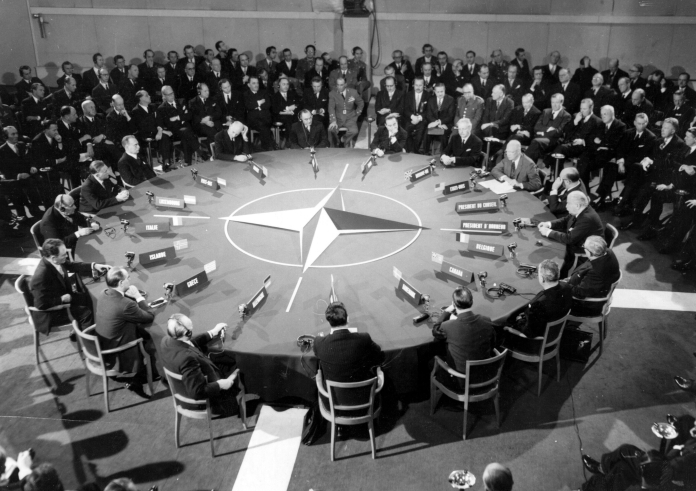As Turkey intensifies its military campaign against Kurdish militants in Iraq, civilians are paying a heavy price, with a surge in airstrikes causing widespread suffering and casualties.
Reuters' data analysis reveals an escalation in Turkish airstrikes and drone attacks in predominantly Kurdish areas of Iraq and Syria since the Sinjar incident. Western firms have reportedly supplied crucial components for the drones, which are being deployed by Turkey with increasing frequency, according to Kurdish and Iraqi officials.
The surge in airstrikes coincides with Turkey's launch of "Operation Claw-Lock" in April of the previous year. The Turkish Defence Ministry states that the operation aims to protect the country's borders and "neutralize terrorism and terrorists at the source." Recent air strikes were triggered by a bomb attack near government buildings in Ankara, claimed by the Kurdistan Workers' Party (PKK).
Northern Iraq serves as the PKK's base, a group that Turkey designates as a terrorist organization, with a history of deadly attacks. In Syria, Turkey targets the Kurdish People’s Protection Units (YPG), considered by Ankara to be a PKK-affiliated terrorist group. The YPG forms part of the Syrian Democratic Forces, a U.S. ally against the Islamic State.
Responding to concerns, Turkey’s Defence Ministry assured Reuters in a statement that all operations adhere to international law, respecting the sovereignty of neighboring states. The statement emphasized that operations exclusively target terrorists and their positions while taking utmost care to avoid harm to civilians and prevent damage to infrastructure and cultural sites.

















